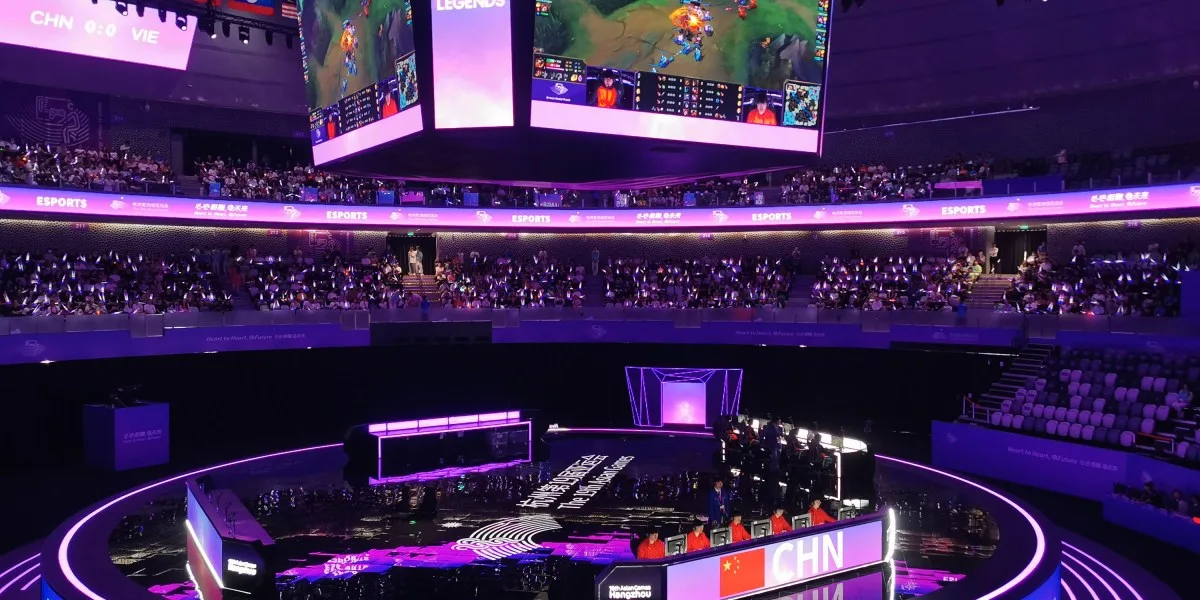The Rise of E-sports in Asia and China’s Role
E-sports, or competitive video gaming, has gained significant popularity in Asia, surpassing traditional sports in many ways. This phenomenon was evident at the recent Asian Games, where e-sports became an official, medal-earning event. The Asian Games witnessed intense competition among players from over 20 countries, and the demand for tickets to e-sports events was so high that they were sold on a lottery basis.
Asia, particularly China, stands out as a leading hub for e-sports. China is the largest e-sports market in the world, accounting for 34% of global industry revenue. E-sports in China are organized similarly to traditional sports, with regional clubs, tournaments, and star players who are marketed like celebrities. The fan base for e-sports in China is diverse, including people of various age groups, genders, and from different regions.
The popularity and success of e-sports in Asia can be attributed to a few key factors. Chinese tech companies like Tencent have invested heavily in the industry, with video games contributing a significant portion of their revenues. Additionally, the rise of mobile gaming in China has made e-sports more accessible to a wider audience, as over 50% of all e-sports tournaments in China are focused on mobile games.
However, the Chinese government’s stance on e-sports is somewhat contradictory. While it has been supporting the development of e-sports through subsidies and infrastructure, it has also imposed restrictions on gaming, particularly for underage players. The government limits gaming hours for individuals under 18 to three hours per week. This creates a dilemma for the government, as it tries to balance youth protection with the competitiveness of Chinese e-sports teams.
Despite these challenges, e-sports has immense potential as a cultural export for China and the Asian region. The popularity of e-sports among young people presents opportunities for revenue and international reach. The International Olympic Committee has even established an E-sports Commission, although it will take time before e-sports are officially recognized at the Olympics.
The future of e-sports in Asia, and particularly in China, remains uncertain, largely due to the government’s wavering position. However, e-sports has undoubtedly become a major part of Asian popular culture, exemplified by its success at the Asian Games. Whether it ultimately receives full recognition as a competitive sport or faces further restrictions, the rise of e-sports in Asia is a testament to the region’s passion for competitive gaming.
Source: E-sports are more popular than traditional sports in Asia







